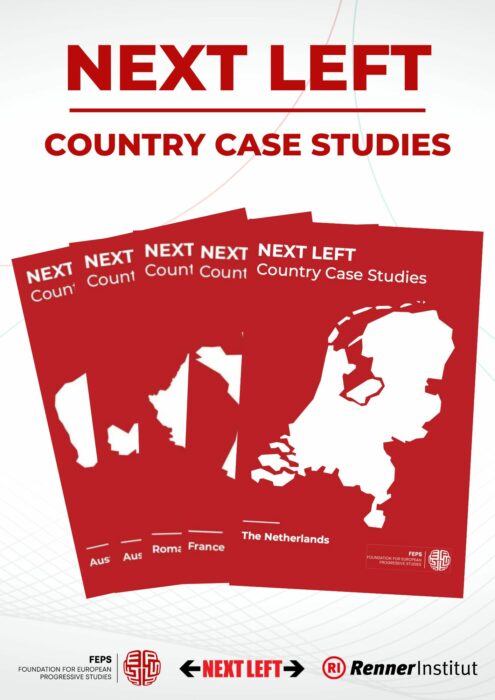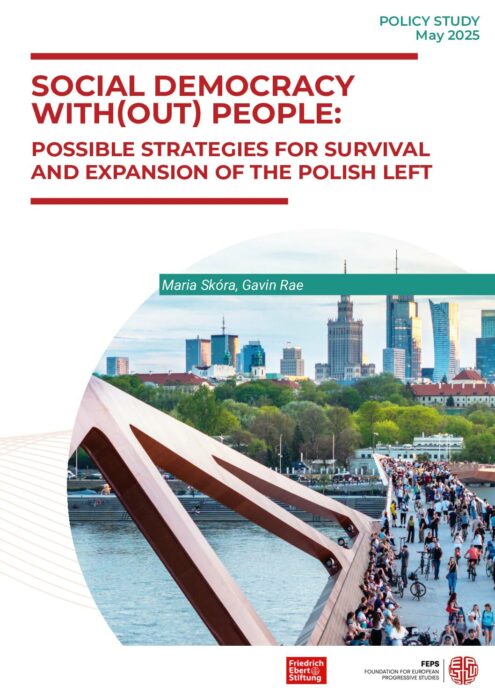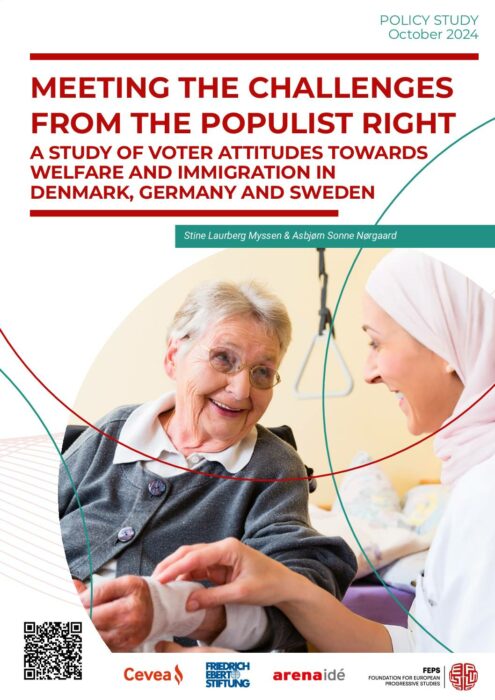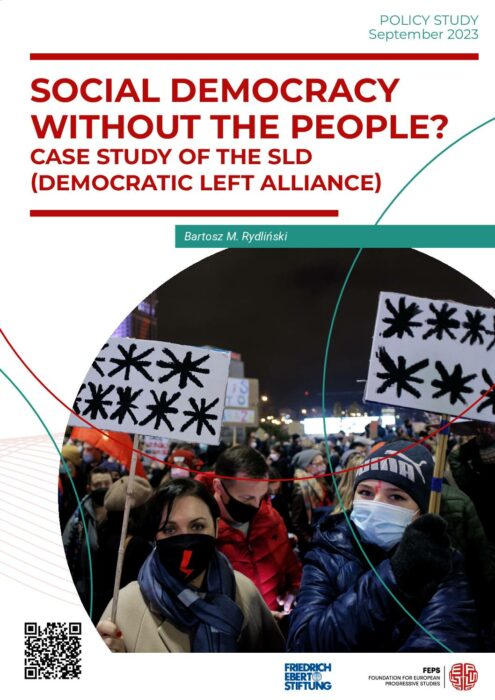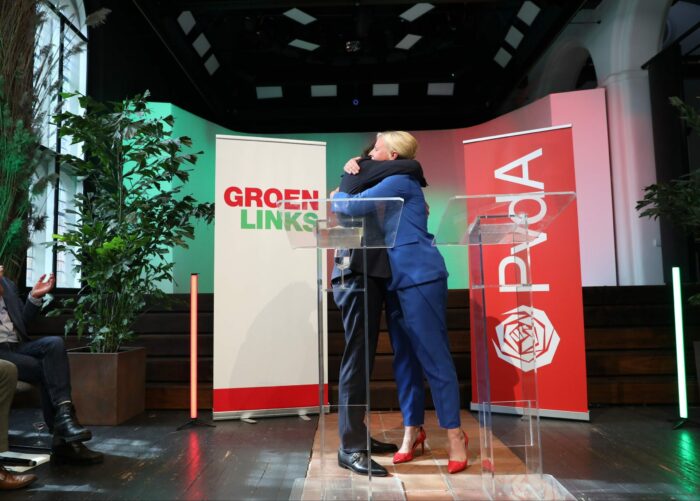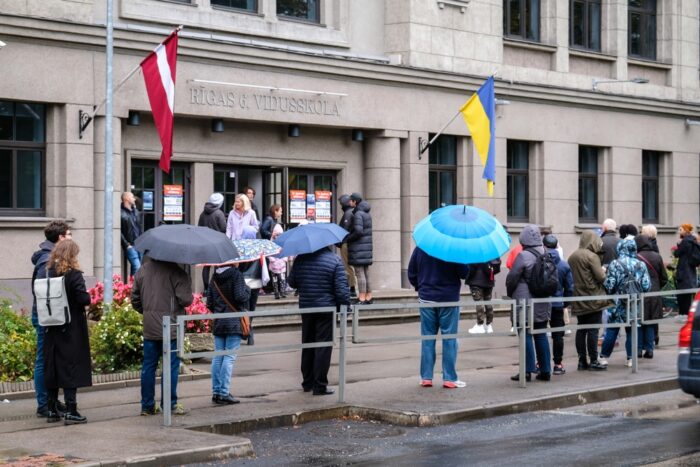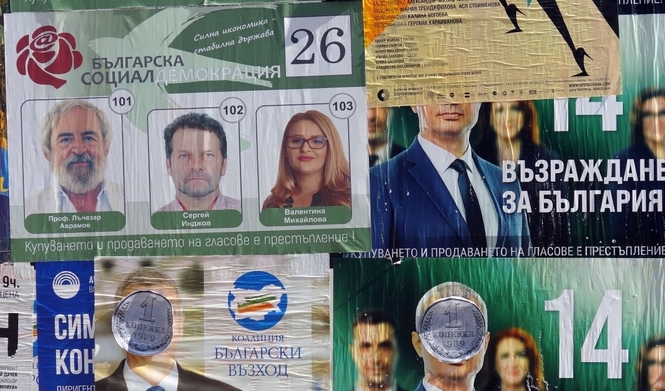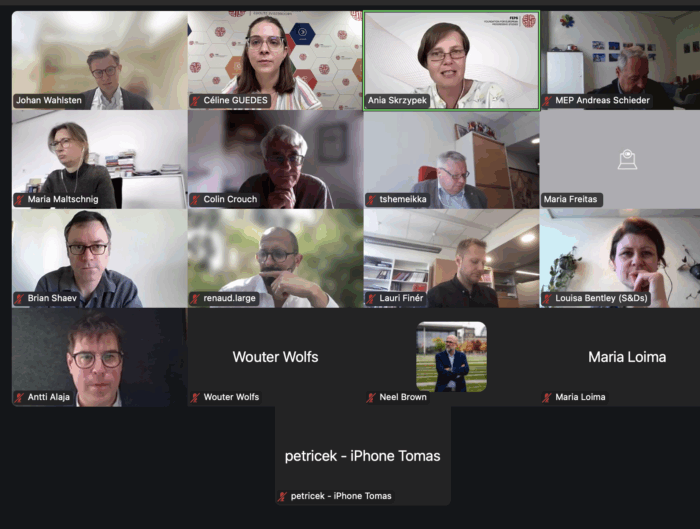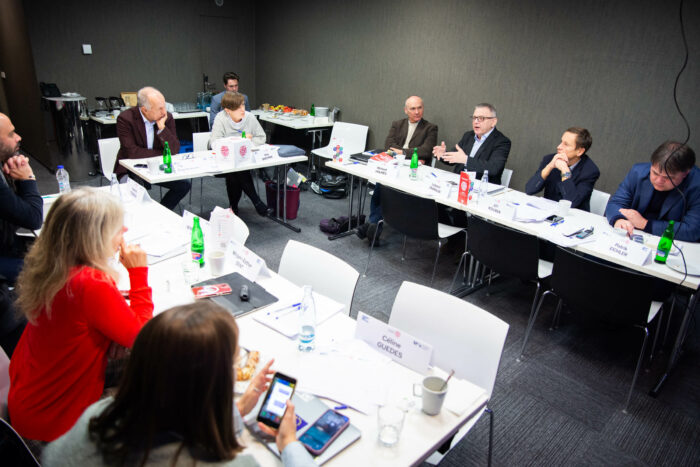Find all related publications
Publications
Find all related Progressive Post
Progressive Post
Find all related events
Events
Past
01/07/2025
Brussels, Belgium (Expert meeting)
19/05/2025
Online
22/11/2024
Prague, Czech Republic
Load more...
Find all related Audiovisual
Audiovisual
13/10/2025
13/10/2025
18/07/2025
18/07/2025
Find all related in the media
In the media
En Europe, les partis sociaux-démocrates se sont contentés d’une approche technocratique
by Le Point 04/07/2025

